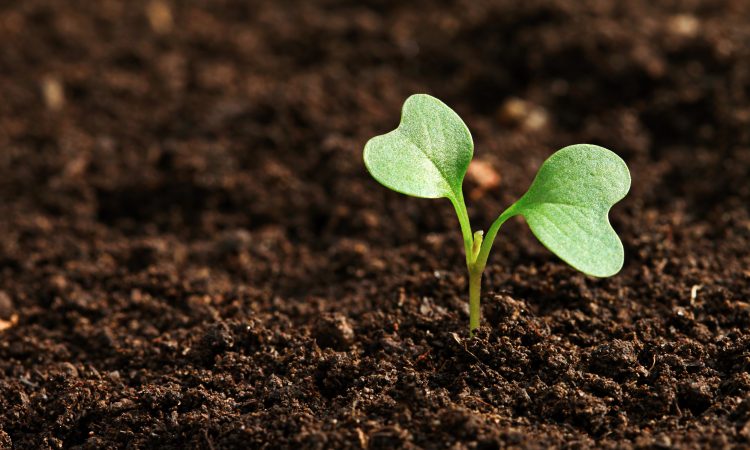
How Your Houseplants Could Save You This Winter
Sigh. Winter is upon us. Again. And with it, come the ill winds of low-spirited SAD (seasonal affective disorder), lethargy, blues and blahs.
Out come the comfort foods, the UV lamps, the vitamin D drops, the mugs of caffeinated pick-me-ups, the immuno-boosters, the fleece-lined cable knits draped over hunched-in shoulders, the acupuncture, the quartz crystals, the stale hum of electric heaters, the tropical vacation brochures that we longingly finger, all while waiting with baited breath for the cold and darkness to finally lift again, both inside and out.
Now what would happen if you added just a few potted plants to your winter survival kit?
Here are 5 reasons both you and your home benefit from a plant-based lifestyle, in far more ways you could ever have imagined.
Plants boost immunity.
While your friends frantically pop vitamin C and Echinacea pills in fear of cold & flu season, take a stroll in the forest, visit an indoor green house or spend some time breathing deeply in a room filled with plants. A number of studies have shown that spending more time around plant life can boost your immune system and naturally strengthen immune activity. And in these studies, the positive health benefits were not a product of eating the plants – they were simply the effect of being near them.
A 2006 Kansas State University study showed that patients in hospital rooms filled with plants recovered faster than patients in plant-free rooms; even just having a hospital window that looked out upon a garden or leafy green trees had a significant effect on healing time. Another 2007 study showed that people who took a two hour stroll in the forest increased their killer cell levels by 50 percent, and that these increases lasted for up to a week.
Plants relieve stress and elevate mood.
Researchers observed the effects of a popular therapeutic practice in Japan called “shinrin yoku”, or “forest bathing”, on 280 healthy people in the month of January. The scientists found that “being among plants produced lower concentrations of cortisol, lower pulse rate, and lower blood pressure, among other things.” Another major study in the UK that followed 10,000 people over the period of 18 years found that those who interacted with plants and trees the most consistently rated themselves as happier people.
Plants increase productivity.
After studying work place productivity for over ten years, psychologist Dr. Chris Knight concluded that employees were 15 percent more productive with the simple addition of a few houseplants in their work spaces. Moreover, when plants were brought into a large and formerly spartan building of offices on Dr. Knight’s advice – one plant per square meter – the company found employee performance on memory retention and other basic tests to improve substantially. Simply being able to see a plant from one’s desk increased memory retention up to 20 percent, while also having other positive impacts on cognitive performance, psychological processes and perceptions of energy and stamina levels.
Plants improve relationships.
Interestingly, a slew of studies have shown that people who spend more time around plants tend to also be more likely to try and help others, and often have more advanced social relationships. Researchers chalk up this pattern to the exercise of our compassion muscles that occurs when we tend to the wellbeing of plants, which then transmits into the way we tend to the wellbeing of other people.
People who care for nature are more likely to care for others, reaching out to their peers and forming shared bonds. Extended exposure to nature and wildlife increases people’s compassion for each other as it increases people’s compassion for the environment in which they live. Being around plants can help us improve our relationships with other people, as it increasing our concern and empathy toward all living things.
Plants boost learning in children.
Keeping plants in a child’s learning environment was found to enhance learning capabilities by helping them to focus, concentrate, absorb and retain information. Specifically, children who experienced problems with paying attention exhibited a dramatic positive improvement on the way they learned when plants were added to their classroom settings. Plants in the classroom were also found to boost the children’s moods, sense of happiness, and to have a soothing, calming effect on their behaviour.
* The contents of this article are strictly informational and do not seek to provide medical advice. Always seek the advice of a qualified health provider with any questions you may have regarding a medical condition.













